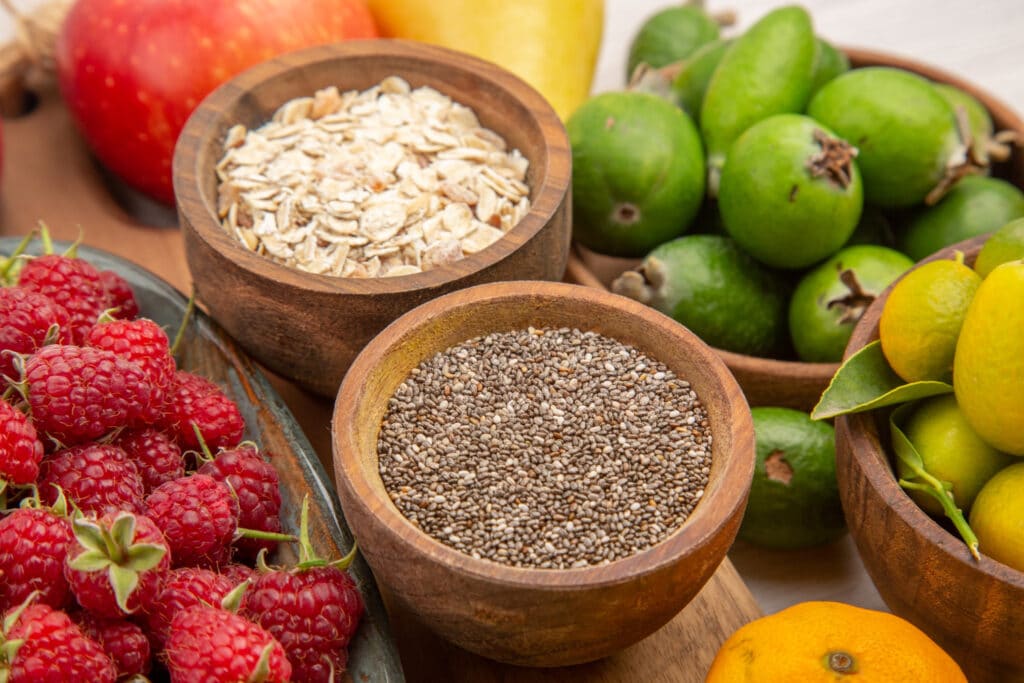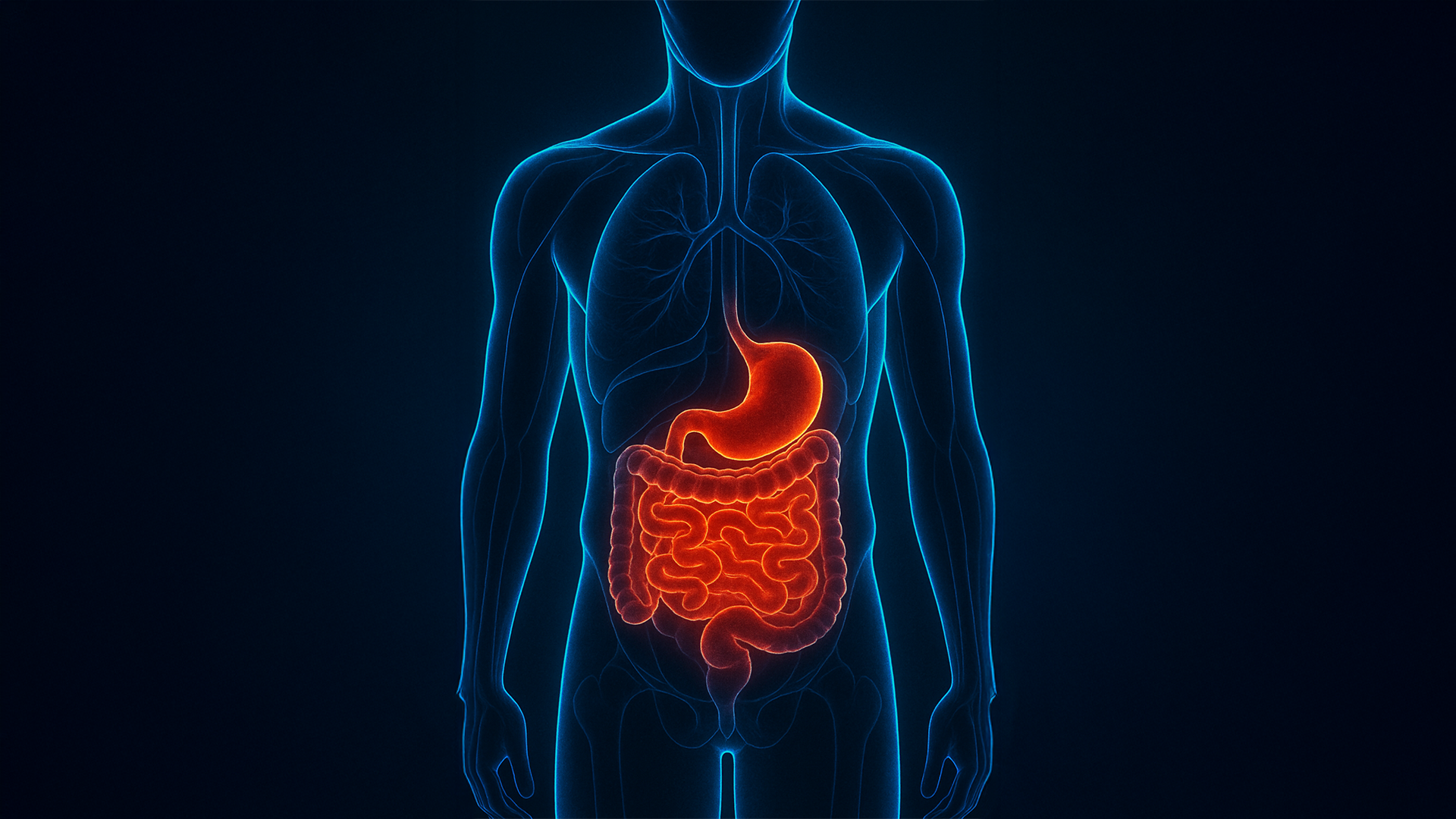Maintaining a healthy digestive system is essential for overall well-being. Dr. Jo Chen, a Consultant Gastroenterologist and Hepatologist shares her expert insights on achieving optimal digestive health through practical and sustainable strategies.

1. Prioritise a Balanced, Fiber-Rich Diet
A cornerstone of Dr Jo Chen’s secrets to a healthy digestive system is consuming a diet rich in fibre. Fiber aids in regulating bowel movements and supports a diverse gut microbiota. Incorporate a variety of fruits, vegetables, whole grains, and legumes into your meals. However, it’s important to tailor fibre intake to individual needs, especially for those with conditions like irritable bowel syndrome (IBS), where certain fibres may exacerbate symptoms.

2. Stay Hydrated
Adequate hydration is vital for healthy digestion. Water plays a key role in breaking down food, dissolving fats and soluble fibre so that nutrients can be properly absorbed by the body. It also softens stool, helping to prevent constipation and promote regular bowel movements. Moreover, staying well-hydrated supports the production of digestive enzymes and stomach acid, which are essential for efficient digestion. As a general guideline, aim to drink at least eight glasses of water per day, though individual needs may vary depending on factors such as physical activity, age, diet, and climate. If you’re sweating more due to exercise or hot weather, increasing your fluid intake becomes even more important to keep your digestive system functioning smoothly.

3. Incorporate Probiotics
Probiotics, the beneficial bacteria found in fermented foods like yoghurt, kefir, and sauerkraut, play a significant role in maintaining gut health. They help balance the gut microbiome, which is crucial for digestion and immune function. For more information on probiotics, visit Probiotics for Gut Health.

4. Engage in Regular Physical Activity
Exercise stimulates the natural contraction of intestinal muscles, aiding in the movement of food through the digestive system. Regular physical activity can help prevent constipation and reduce inflammation, contributing to a healthier gut.

5. Manage Stress Effectively
Chronic stress can negatively impact the digestive system, leading to issues like indigestion, bloating, and altered bowel habits. Incorporate stress-reducing practices such as mindfulness, meditation, or yoga into your daily routine to support digestive health.

6. Cut Back on Processed Foods, Smoking, and Alcohol
Processed foods, added sugars, excessive alcohol, and smoking can all disrupt your digestive system. These habits negatively impact the balance of gut bacteria, increase inflammation, and raise the risk of serious conditions like ulcers and gastrointestinal cancers. By cutting back on these substances and choosing a cleaner, more balanced lifestyle, you can significantly enhance your digestive health and overall well-being.

7. Get Regular Medical Check-Ups
Regular consultations with a gastroenterologist can help detect and manage digestive issues early. Dr Jo Chen emphasises the importance of routine screenings and personalised medical advice to maintain a healthy digestive system. For more information on what to expect during a gastroenterology appointment, visit Your First Gastro Appointment: What To Expect.
Implementing these strategies from Dr Jo Chen’s secrets to a healthy digestive system can lead to significant improvements in your digestive health and overall well-being. Remember, small, consistent changes often yield the most sustainable results.
Every piece of content and media on this website is produced and shared online purely for informational use. It should not serve as a replacement for professional medical counsel from your doctor and should not be used as a foundation for making health or personal life decisions.
FAQs
What foods support digestive health?
Eating a diet rich in fiber, fermented foods, fruits, vegetables, and lean proteins helps maintain a healthy digestive system.
How much water should I drink daily for good digestion?
It’s recommended to drink at least eight glasses of water daily, adjusting for activity level and climate to help food move smoothly through your digestive tract.
Can stress affect my digestive system?
Yes, stress can negatively impact digestion by altering gut bacteria and increasing inflammation, so managing stress is important for gut health.
How often should I see a gastroenterologist for digestive checkups?
Regular checkups depend on your symptoms and risk factors, but generally, an annual visit or sooner if you experience digestive issues is advisable.
Are probiotics effective for improving digestion?
Probiotics can help balance gut bacteria and support digestion, but their effectiveness varies between individuals and specific strains; consult your healthcare provider for advice.

